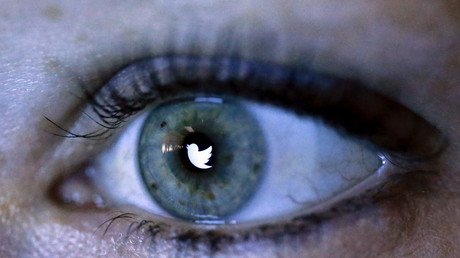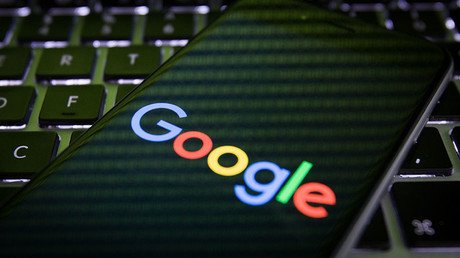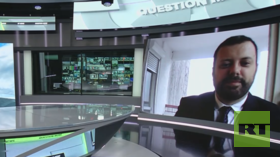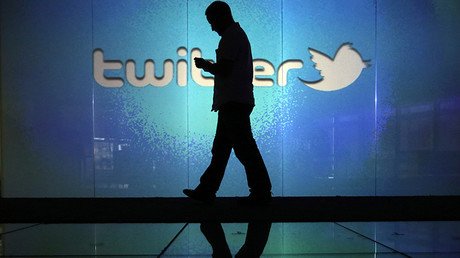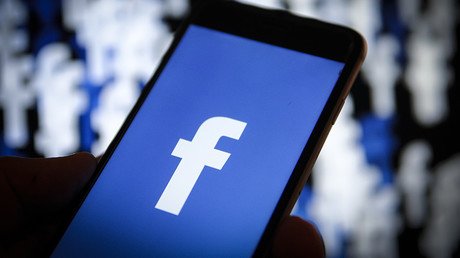Facebook pretending to care about democracy now is the height of hypocrisy
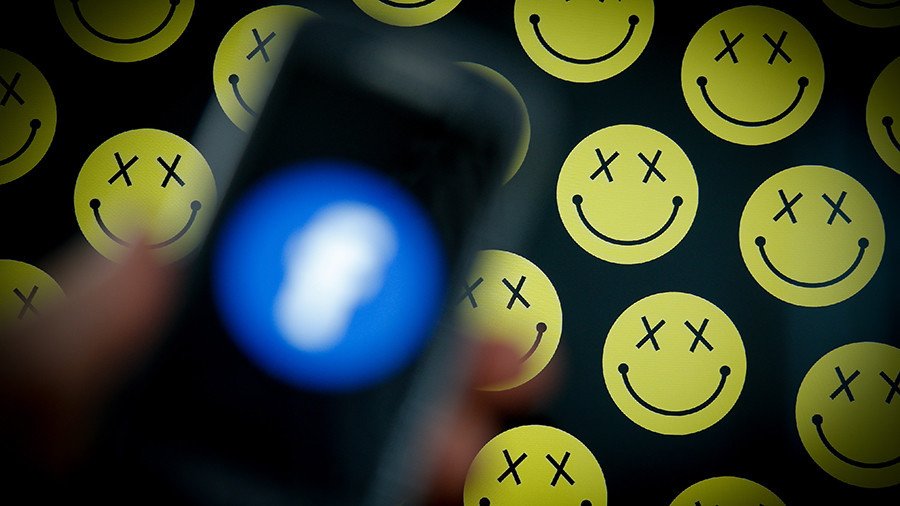
Facebook has admitted that sometimes, it might actually be bad for democracy. Facebook is right about that. However, I’m not sure that the social media platform really understands why this is the case.
The admission comes in a series of official blog posts by Facebook insiders about what effect social media can have on democracy. “I wish I could guarantee that the positives are destined to outweigh the negatives, but I can‘t,”wrote Samidh Chakrabarti, a Facebook product manager. He continued: “....we have a moral duty to understand how these technologies are being used and what can be done to make communities like Facebook as representative, civil and trustworthy as possible.”
First off, it’s important to understand the political and media context in which Facebook has felt forced to make these comments. That context is alleged ‘Russian interference’ in the 2016 election through the promotion of political ads designed to take advantage of social division. Facebook is responding to a not small cohort of Americans who genuinely believe that Russian Facebook ads are destroying democracy. The second thing to understand is that while Facebook’s admission may sound like noble self-reflection, the truth is that what Facebook says and what it means are two very different things.
There is a temptation among some to believe that the social media giant is a neutral actor that cares about fairness and democracy and that it is doing its very best to ensure it has a positive effect on democracy. This could not be further from the truth.
If Facebook’s recent history is anything to go by, the California-based company is not actually a big fan of democracy at all. Even before Facebook decided to become selectively outraged about the ubiquitousness of propaganda and ‘fake news’ on its platform, it was already engaging in political censorship. Take this 2016 story in which Facebook employees admit to suppressing conservative news on the platform, for example. Not only that, but employees were told to artificially “inject” Facebook-approved stories into the trending news module when they weren’t popular enough to make it there organically. The employees were also told not to include news about Facebook itself into the trending category.
“Facebook’s news section operates like a traditional newsroom, reflecting the biases of its workers and the institutional imperatives of the corporation,” Michael Nunez wrote for Gizmodo. With that kind of ability and willingness to manipulate, Facebook itself possesses huge potential to affect political outcomes, far more than some Russian ads.
Facebook has said it believes that simply adding the ability to click an “I voted” sticker can increase actual voter turnout significantly through a combination of simply seeing the sticker and feeling the peer pressure to vote if your friends have done so. This is supposed to be one of the good things Facebook has done for democracy, but there are so many ways that Facebook could use this kind of thing to surreptitiously promote its own political agenda.
What if Facebook were to artificially push certain news stories in specific locations – say, where an election was taking place – and then add the “I voted” button for users in that area. Or alternatively chose not to add that button for certain races where a lower turnout might be deemed a good thing.
What Facebook means when it says it is worried about how its platform is being used is that it’s not entirely comfortable with the fact that it can’t fully control the political narrative. Even Facebook believes it has created a monster. It would like to control what our impressionable minds might see and read – lest we fall victim to unapproved opinions or ideologies. But Facebook also knows that such control is not entirely possible – and therein lies their true crisis.
Even the steps Facebook has taken to address alleged Russian interference in the 2016 election are questionable. In his blog post, Chakrabarti writes that the platform has “made it easier to report false news” and has “taken steps in partnership with third-party fact checkers to rank these stories lower” in the news feed. Once the fact-checkers identify a story as fake, Facebook can reduce impressions of that story by 80%, he says. But who are these third-party fact checkers? Facebook doesn’t tell us.
“We’re also working to make it harder for bad actors to profit from false news,” he writes. But again, we don’t get a definition of bad actor, either. One assumes Russia is the bad actor referred to – but if Facebook was truly concerned about government propaganda and its effect on election outcomes, the crackdown would surely not be limited to one government. Are some governments bad actors and other governments good actors? Is some propaganda good and some bad? Are some sock-puppet accounts acceptable and others not? Can we get a breakdown?
Facebook has also been kind enough to help users figure out whether they were unfortunate enough to have come into contact with any Russian-linked posts. It’s part of their “action plan against foreign interference”. Again, we might benefit from a definition here of “foreign interference.” Facebook is an international platform, thus the potential exists for elections to be ‘interfered’ with through Facebook all over the world, not just in the United States. Does Facebook’s fight against foreign interference incorporate all those efforts equally? This kind of information would be really helpful, if Facebook would be kind enough to provide it.
Facebook is not alone in its mission to rid the world of nasty Russian propaganda. Twitter is at it, too. Last week, the company sent out emails to users warning them that they may have come into contact with Russian propaganda on the microblogging platform. Curiously, no similar warnings have been sent to users who came into contact with American propaganda online – despite the fact that we’ve known for years that the US government has been using sock-puppet accounts to spread its own propaganda and misinformation online.
Google has also dipped its toes in the water. Eric Schmidt, the executive chairman of Google’s parent company Alphabet Inc., said recently that Google was trying to create special algorithms and “engineer the systems” to make RT’s content less visible on the search engine.
Media coverage of Facebook’s comments was fairly uniform. Most outlets have been treating the blog posts as a ‘see, we told you!’ moment, focusing entirely on the Russia angle but ignoring the many other ways in which Facebook has itself attempted to corrupt the free flow of information and manipulated its users. The reporting is almost sympathetic: Poor innocent Facebook is coming to terms with the fact that sometimes bad things happen online.
The Washington Post called Facebook blog posts the “most critical self-assessment yet.” Another piece in the Post opines on Facebook’s “year of reckoning.” Reuters reported that the sharing of “misleading headlines” became a “global issue” after accusations that Russia had used Facebook to interfere in the 2016 election. The implication is almost that misleading headlines are some kind of new phenomenon and Facebook is out there on the frontlines of the battle.
Facebook wants you to stay mad about Russian ads. It wants you to believe that its democracy-loving executives are truly sorry and doing all they can to make the platform as good for democracy as possible. What they don’t want is for us to examine their own practices too closely. But that’s exactly what we should be doing – instead of congratulating them on their disingenuous foray into self-reflection.
Think your friends would be interested? Share this story!
The statements, views and opinions expressed in this column are solely those of the author and do not necessarily represent those of RT.

